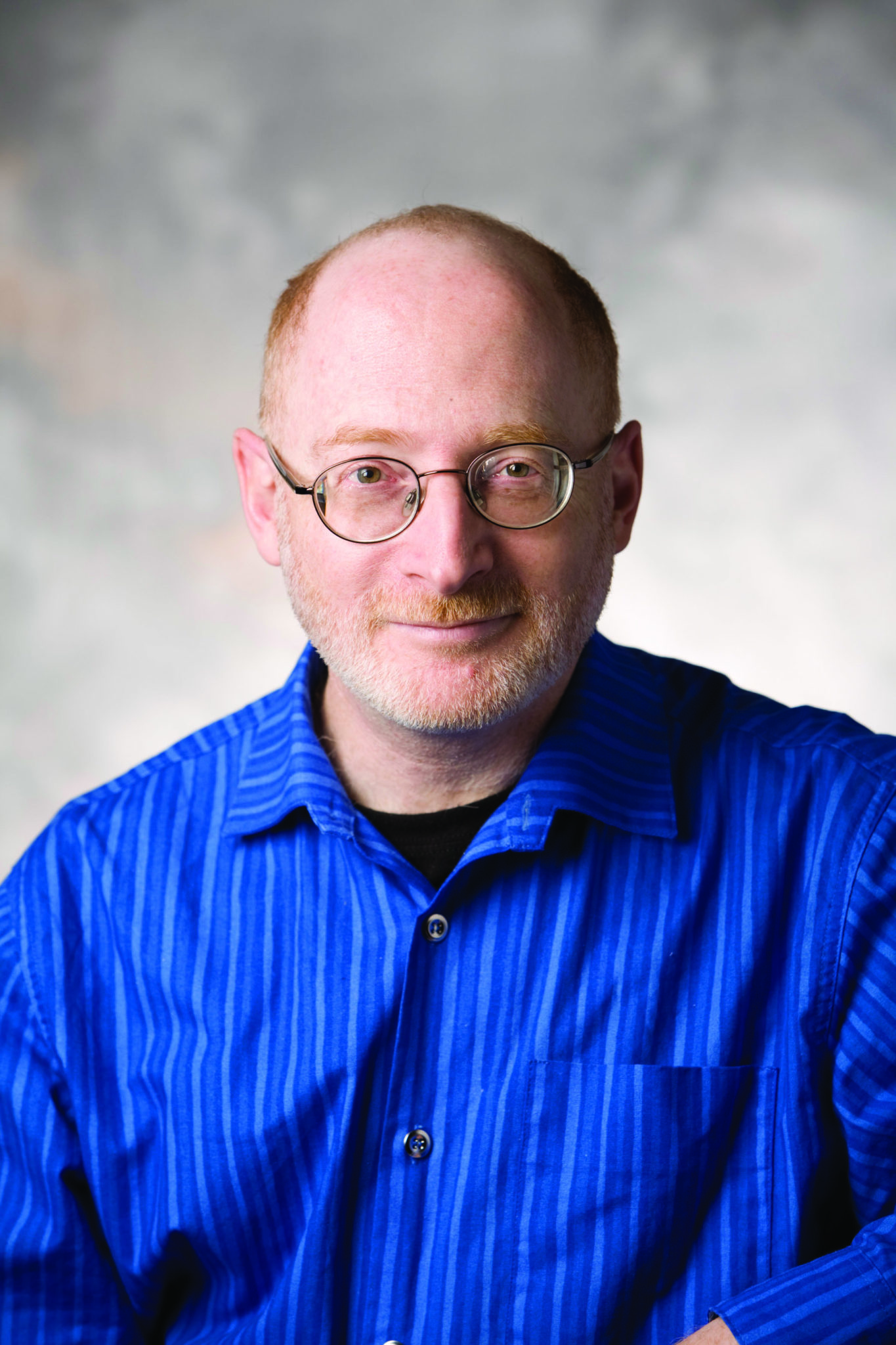
Courtesy of Harold Shapiro
On Sunday, Yale School of Music faculty composer Aaron Jay Kernis MUS ’83 won the Grammy for his Violin Concerto in the “Best Contemporary Classical Composition” category. The recording of the concert features violinist James Ehnes — who also won a Grammy for this performance in the “Best Classical Instrumental Solo” category — conductor Ludovic Morlot and the Seattle Symphony.
“The primary inspiration came from the astonishing violin soloist I wrote the concerto for — James Ehnes,” Kernis said. “James is an especially inspiring performer because he is such a superb musician: The music comes first, without extraneous flash and glitter.”
Kernis said that Ehnes’ command over his instrument and gorgeous sound enabled him to be as inventive as possible in his performance.
Kernis’ work is comprised of three movements — titled Chaconne, Ballad and Toccatini — that grow progressively shorter. Chaconne is approximately 15 minutes, the pensive Ballad spans 10 and the fast-paced third movement is five minutes. Each movement showcases the soloist’s technical prowess.
Kernis said that for much of his career, he has “been occupied with expressively and organically spinning out the development and transformation of simple musical ideas.”
“This [approach] has forced me to draw on all the craft I’ve learned over many years and be led deeper and deeper into my intuition,” Kernis said. “Each of the three movements is very different, but takes that metamorphosing as a vital part of the composing process.”
Kernis’ musical journey began early in his life — he began composing in high school, after studying piano, violin and voice as a child. Studying violin gave Kernis a special affinity for the instrument and he noted that “this concerto feels like a culminating effort in a large series of concerti [he has] written in the last decade.”
In 1981, Kernis began his studies at the School of Music and joined the composition faculty in 2003. Kernis referred to the School of Music as a “superlative” place with a phenomenal student body.
One of Kernis’ students, Krists Auznieks MUS ’22, is currently in Washington, D.C., awaiting the American premiere of his opera “NeoArctic,” which he worked on while studying with Kernis.
Auznieks said that Kernis’ personable nature and attentiveness to students’ compositions are notable features of Kernis’ teaching style. According to Auznieks, Kernis has attended many of Auznieks’ off-campus performance and has gone out of his way to be both a musical and personal mentor.
“I think he knows very well the deeper connections between art and humanity — that by cultivating artistic craft, culture, he is changing the fabric of our world,” Auznieks said. “There is a certain kind of idealism that only music can communicate.”
Auznieks also admires Kernis’ patience — composition is a “slow and meticulous” process, and it often yields only a few performances before the artistic process must begin again.
Auznieks noted how he was “thrilled, but not surprised” at Kernis’ Grammy award — a reaction that differed from that of Kernis himself.
“I was sitting just about 20 rows away from the Grammy Award stage — nothing can really prepare you for the shock when that envelope is torn open,” Kernis said. “So I was running onto stage, shaking, yet having to be composed enough to thank the people most important in the creation of the concerto, then head down for photos and interviews. I don’t exactly see how I can use that in my teaching, but knowing how to concisely thank people — in under a minute — and be ready for anything can’t hurt.”
Rianna Turner | rianna.turner@yale.edu







